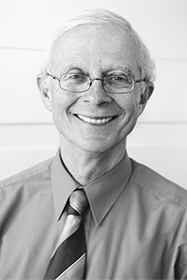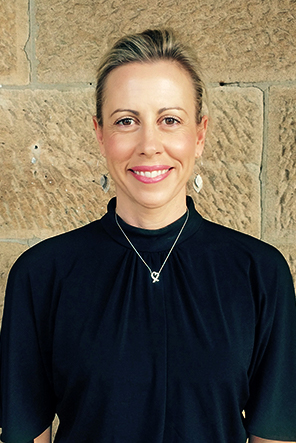HEIDI DOUGLASS | h.douglass@unsw.edu.au
Researchers from the Dementia Centre for Research Collaboration (DCRC) and the Centre for Healthy Brain Ageing (CHeBA) at UNSW Sydney collaborated with researchers from ANU and LaTrobe University to publish an evaluation of the first nationwide dementia-focused continuing medical education program in Australia to increase general practitioner confidence and enhance dementia-related awareness, practice and knowledge.
The commentary, published in BMC Family Practice, highlights the importance of timely diagnosis and care management to improve outcomes for people with dementia and care givers, with general practitioners (GPs) ideally placed to coordinate continuing care and support.
Senior author Professor Henry Brodaty, Co-Director of the Centre for Healthy Brain Ageing (CHeBA), said that dementia is under-diagnosed in primary care.
GPs commonly report that they receive insufficient pre and post-qualification training in dementia and the need to improve the approach to dementia in primary care is well acknowledged, said Professor Brodaty.
This particular analysis was commissioned by Dementia Australia with a view to updating and expanding the delivery and evaluation of the first nationwide program in Australia, specifically to improve GP assessment, diagnosis and management of dementia.
“This was done through providing an accredited Royal Australian College of General Practitioners and Australian College of Rural and Remote Medicine continuing medical education (CME) program,” says Professor Brodaty.
Whilst the CME program was designed for GPs and GP registrars, enrolment was also open to primary health care nurses and other health care professionals practising in major cities and in metro and regional areas across Australia.
The CME program was created in accordance with stipulated guidelines, and the content was based largely on the Brodaty et al. (2013a) “Dementia: 14 Essentials of assessment and care planning” and “Dementia: 14 Essentials of management”.
The program was offered as online modules, large group face-to-face workshops in major cities during annual General Practice Conference and Exhibition (GPCE), and small group face-to-face workshops in metropolitan and regional areas.
GP registrars were offered a 2 hour face-to-face workshop toward fulfilment of training curriculum requirements. The study evaluated the CME program’s effectiveness in terms of immediate and longer-term change in GP self-rated awareness, practice, knowledge and confidence six to nine months later. Data were collected from self-report surveys by GPs who participated in the program; program evaluations from GPs; and process evaluations from workshop facilitators.
Lead author and Research Associate at CHeBA, Dr Anne-Nicole Casey, said that the program reached approximately 11% of the nation’s GPs during the study period.
Of 3923 unique GPs who participated in the educational program between July 2015 and July 2017, 1352 GPs who completed a survey at one or more time-points saw their average scores increase between pre-CME and post-program for awareness, practice related items, knowledge and confidence, said Dr Casey.
“Increases were seen in all four outcomes for GPs who completed these surveys both before taking the course and six to nine months later,” she said.
Interestingly, GPs who had practised for five or more years showed greater change in knowledge and confidence.
Online modules attracted the most professionals but GPs in regional, rural and remote areas were more likely than GPs working in urban areas to attend face-to-face workshops.
Most respondents who completed additional program evaluations rated the training as relevant to their practice.
“Participants and workshop facilitators suggested adding more content addressing patient capacity and legal issues, locality-specific specialist and support services, case studies and videos to illustrate concepts,” said Dr Casey.
“We found that they emphasised the importance of involving local health care professionals who could provide local knowledge, as well as including caregivers of people living with dementia.”
Professor Brodaty said that the study results informed tailoring of future CME programs and indicated that dementia CME programs may contribute to improving capacity to provide timely dementia diagnosis and management in general practice and should be continued.




